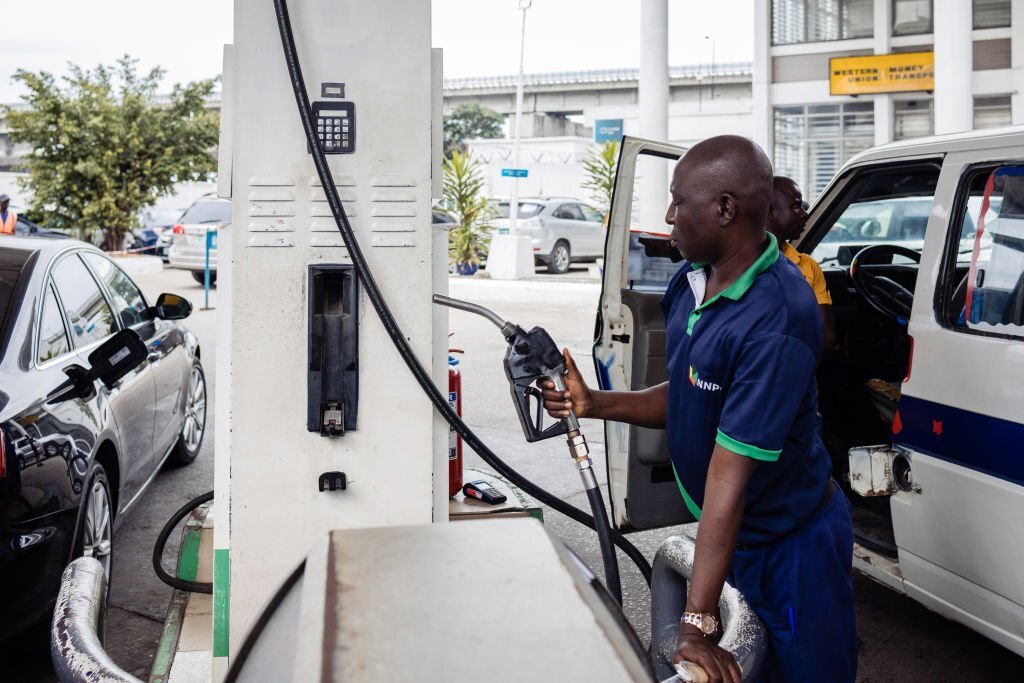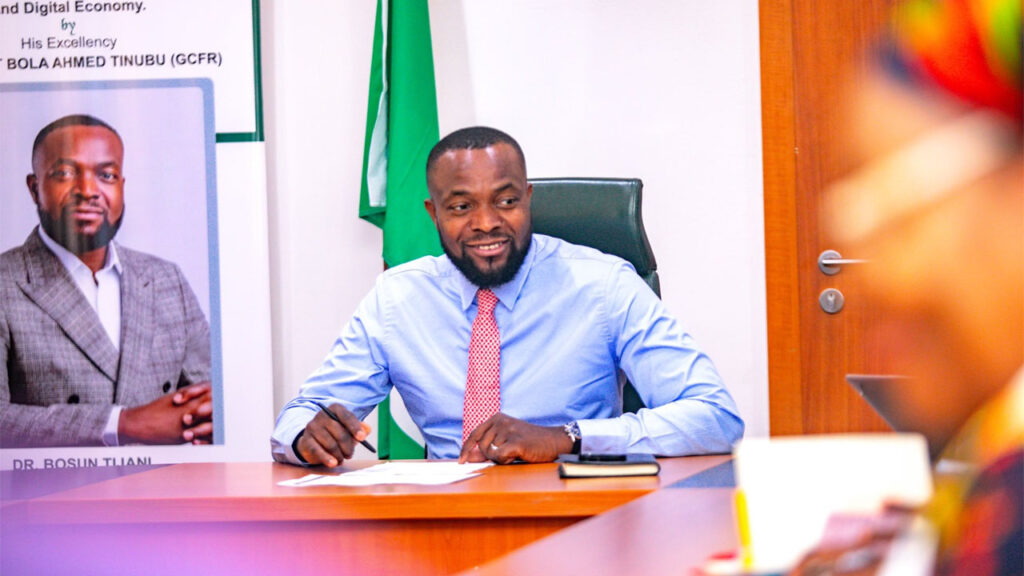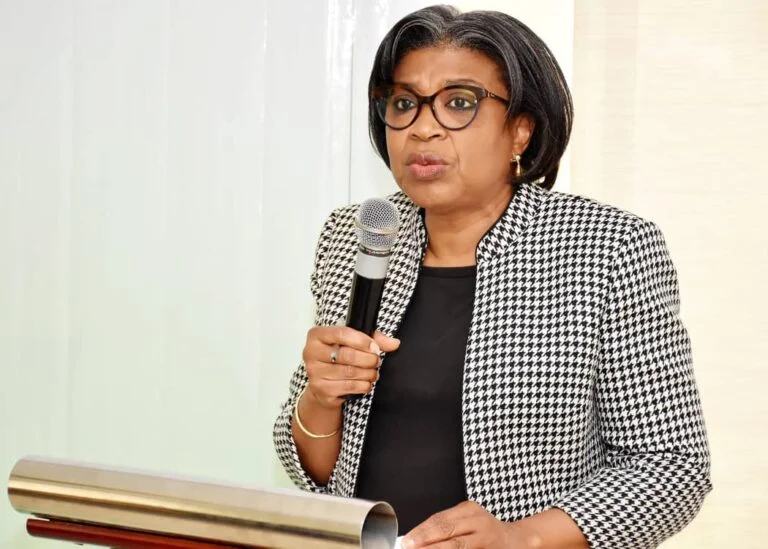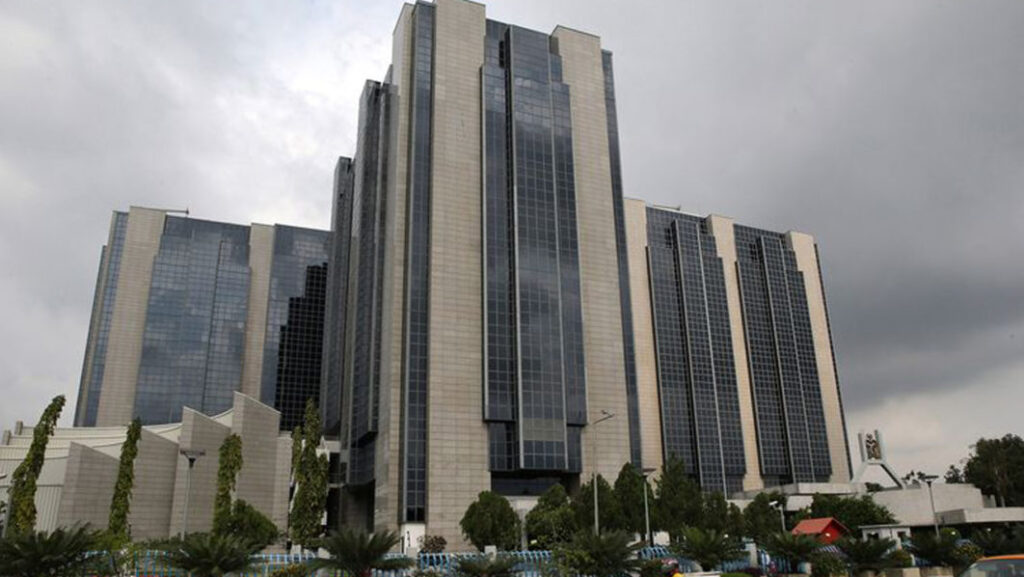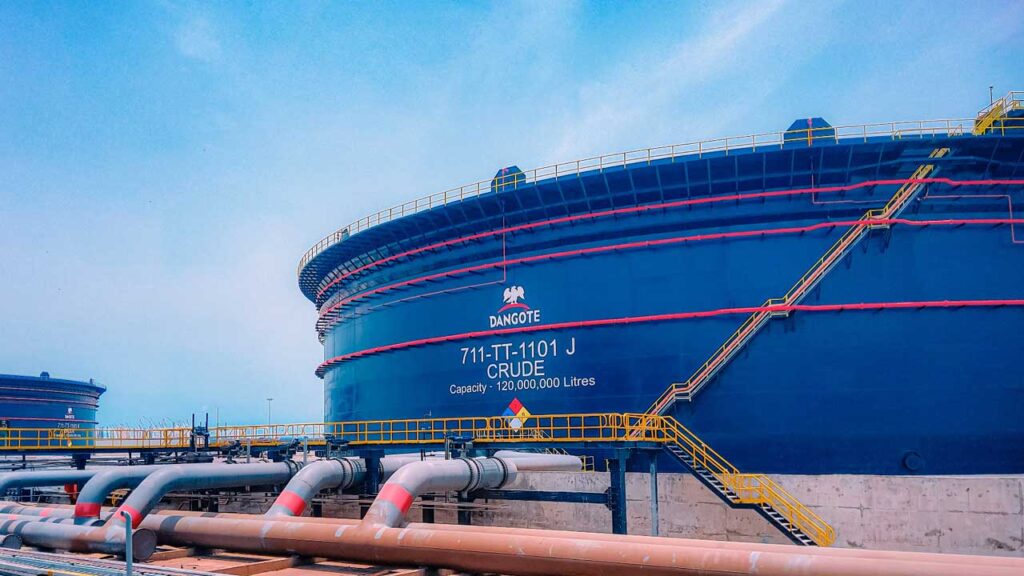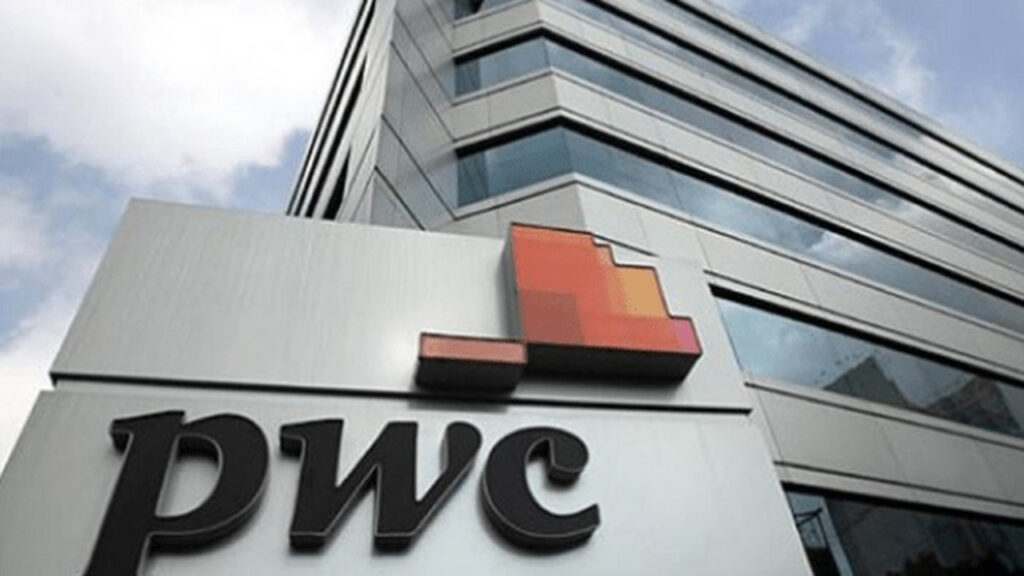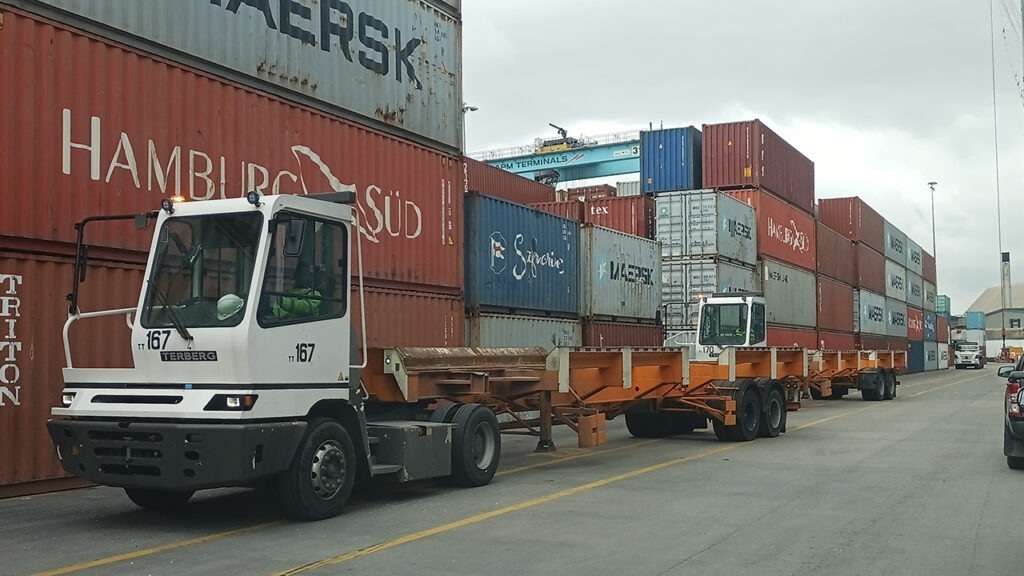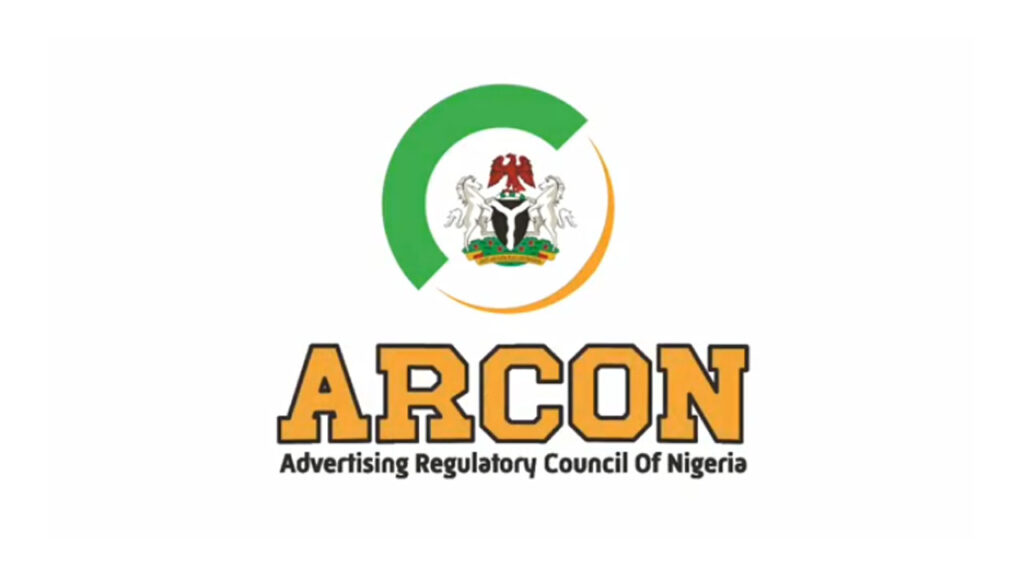
After months of speculation that the amount paid for the third-party insurance policy for motor vehicles would be increased, the National Insurance Commission (NAICOM) has finally made the increment after meeting with certain stakeholders in the insurance sector. Precisely, in December 22, 2022, the primary regulatory body for the insurance industry in Nigeria circulated a memo that increased the premium and raised the liability of various classes of motor insurance in the country.
According to NAICOM, third party premium insurance rate for motorists now goes to N15,000 instead of the old N5,000. The regulatory body also raised claims for motorists from the old N1 million to N3 million in the event of an accident that involved a third party.
The new development was detailed in a circular dated December 22, 2022, signed by the Director of Policy and Regulation of NAICOM, Leonard Akah and issued to all insurance companies.
The circular titled ‘New Premium Rate for Motor Insurance’ warned against defaulting, explaining that under the exercise of its function of approving rates of insurance premium under Section 7 of NAICOM Act 1997 and other extant laws, the commission issued the circular on the new motor insurance premium rates effective from January 1, 2023.
The document maintained that the public vehicles carrying goods would pay N20, 000 premium just as staff buses would also pay N20, 000 premium; trucks and general cartage vehicles would pay N100,000. A particular type of carriage vehicle also will pay N20,000. While tricycles, commonly known as Keke Napep, will pay N5,000, motorcycles, popularly referred to as Okada, will pay N3,000.
The Guardian learnt that motor third-party insurance is one of the six compulsory insurance policies and what NAICOM did was to increase the third-party property damage for all categories of vehicles.
In Nigeria, it is compulsory to have a motor insurance policy before bringing a motor vehicle to public roads and since most Nigerians subscribe to an insurance policy just to get cleared by law enforcement agents on the roads, they go for the third party, which is a lot cheaper than the comprehensive policy.
With the preconceived notion that the third-party insurance policy is just to prevent arrest by law enforcement agents, many people don’t realise that the policy is actually legal and indemnifies the insured from third-party losses. It offers the owner the legal minimum level of car insurance cover, and it’s the most basic one is able to get.
It was learnt that this kind of policy protects other people’s vehicles and property in the event of an accident that was deemed to be one’s fault. For instance, if while driving, your car ram into the bumper of someone’s car, causing damage to the bumper and injuring the driver, your third party insurance would cover the cost of repairing the other person’s car and the medical expenses.
What is not covered is damage to your own car or any injury you suffer. For that, you would need a comprehensive insurance policy. Otherwise, those costs are on you. Unfortunately, the cost of repairing vehicles that are involved in accident, which ordinarily should have been borne by insurance companies, are being borne by the owners of such vehicles.
For a third party motor policy, the first party is you; the second party is the insurance company while the third party is everyone else. In a comprehensive motor insurance policy, it is a case of two insurance covers bundled together – the third party insurance and the own damages cover. Some also come with a built-in personal accident cover.
As the names suggest, the ‘own damages’ and ‘personal accident’ insurance components are to cover your losses, damage to your car or personal injuries, disability and death. While the two are optional covers, third party insurance is compulsory for all vehicle owners as per the Motor Vehicles Act.
Accordingly, the third party liability coverage is part of your basic motor policy and covers you for claims made against you by other drivers after a crash but many motorists are not aware of this, while those who are aware would not want to waste their time going for a long period of claim processes.
Section 3 of Motor Vehicles (third party insurance) Act mandates users of motor vehicles to be insured against third party risks.
According to Section 3 (1), “no person shall use (put on the highway), or cause or permit any other person to use a motor vehicle unless there is in force in relation to the user of that motor vehicle by such person or such other person as the case may be such a policy of insurance or such a security in respect of third party risks as complies with the provisions of this Act.”
Section 3 (2) warns that, “Any person acting in contravention of this section shall be liable on conviction to a fine of four hundred naira or to imprisonment for one year or to both such fine and imprisonment and a person convicted of an offence under this section shall be disqualified for holding or obtaining a driving licence.”
The Guardian learnt that these positions of the Act were what have sent cold quivers to the spine of most motorists who only purchase the Third Party Motor Policy to escape police harassment while on the road, not knowing that the policy can indemnify the third party’s vehicles in case of an accident.
To the Managing Director, Cowry Asset Management Limited, Mr. Johnson Chukwu, the key issue is the fact that the motorists do not seem to understand why this increment was made and the true value of insurance. “Insurance is there to indemnify one who has a premium to where they were before the loss occurred,” he quipped.
Shedding more light, the Managing Director/Chief Executive, Titan Insurance Brokers Limited, Francis Ewherido, said many people used to pay the N5, 000 premium as ‘chicken feed’ to get motor third party insurance certificate to get irritant and nosey law enforcement agents off their backs.
“Now, N15, 000 is no more ‘chicken feed.’ Now, you need to take your time to know the benefits or reliefs that your N15, 000 can provide for you. If you hit a third party and he is injured, your insurance company is liable to pay the cost of treatment.
“God forbid, if your vehicle kills a third party, your insurance company is liable. In the case of injury, the hospital bill will provide a basis for compensation. If it is death, the family of the deceased will meet with the policyholder/his insurance company to agree on compensation. Where no agreement is reached, you go to court.
“In the event of property damage, the limit is N3million. If the damage is beyond N3 million, the insurance company will be liable to pay only N3million. The policyholder has to pay the balance from his pocket. Note that all non-life policies are subject to indemnity,” he explained.
In other words, the job of insurance companies is to put you in the financial position you were immediately before the incident and you are not supposed to make profit from a loss. For death or bodily injuries, they are not subject to indemnity because you cannot place a value on life, injuries or loss of limb. The remedies he highlighted earlier and other things like the annual income of the deceased are determinant, considering what the compensation would be.
 “Some commentators have been accusing NAICOM of being insensitive to the plight of ordinary Nigerians. Did NAICOM increase the rate without doing its homework? Is it not the same NAICOM that knows that some insurance companies are making underwriting losses and rely on income from investments to stay afloat? Is it not the same NAICOM that has cancelled licenses of insurance companies due to inability to meet claims and other obligations? Is it a crime that NAICOM wants appropriate pricing to enable insurance companies meet their claims and other obligations? The questions can go on and on, but let me stop here.
“Some commentators have been accusing NAICOM of being insensitive to the plight of ordinary Nigerians. Did NAICOM increase the rate without doing its homework? Is it not the same NAICOM that knows that some insurance companies are making underwriting losses and rely on income from investments to stay afloat? Is it not the same NAICOM that has cancelled licenses of insurance companies due to inability to meet claims and other obligations? Is it a crime that NAICOM wants appropriate pricing to enable insurance companies meet their claims and other obligations? The questions can go on and on, but let me stop here.
“At the minimum, it takes roughly N10, 000 to fuel your car and keep it on the road monthly, while the N15, 000 new premium is the annual premium. The N10, 000 a week times 52 weeks a year comes to N520, 000 to keep your car on the road per annum.
“Let’s even assume you use it only half of the time; that is still N260, 000, a far cry from the N15, 000 premium per annum for third party premium. I personally feel the challenge people have with the hike in the rate of TP premium is the general lack of appreciation of insurance in Nigeria (insurance penetration in Nigeria is less than one per cent) and lack of appreciation of the benefits of Motor TP Insurance.
“That is what I feel practitioners should deal with and how to build trust in insurance, not arguments about appropriate pricing and other attempts to deodorise rate cutting. Let us be honest, what led to the demise of some insurance companies? Apart from lack of corporate governance and fiscal rascality by the board and management, a major factor responsible for inability to pay claims by insurance companies is the charging of unsustainable premium rates.
“The primary task of insurance companies is to pay claims always. To do that, you have to charge appropriate premiums to enable companies have good pool of resources from which they can pay claims at all time. Or don’t you, the insuring public, want your genuine motor TP claims paid without grammar?
“One thing for sure about the new rates is that potential policyholders will take more interest in the benefits of the third-party insurance they are buying as highlighted above. The N15, 000, unlike N5, 000, is not chicken feed. Policyholders will also take more interest in where they get their motor policies.
“Certainly, you won’t go under the bridge to get TP insurance with N15, 000. Local government offices are also not licensed to issue insurance policies. If an insurance company gets a space in a local government office to issue motor policies, it is a different matter. The only companies licensed to sell motor insurance in Nigeria are underwriting companies and Registered Insurance Brokers (RIB),” Ewherido said.
It was learnt that if a motorist goes to anywhere else to get the policy rather than the required places, such a motorist risks buying fake motor insurance policy and the implications are grievous. In the event of an accident, such a motorist is on his own. “You have to bear all the third party liabilities, in addition to own damage. If you are caught, you risk a fine of N250, 000 or/and a year imprisonment for not having a genuine motor insurance before using your vehicle on a public road.
“Those who find it difficult to buy N5, 000 insurance policy will now have the reason not to buy again. In fact, a huge number of them will now patronise Oluwole (fake) policy as N15, 000 would have meant three years insurance policies for them. This is more so when majority of third party insurance policy holders are illiterates who see it as a way of beating the law enforcement agencies on the road,” Rafiu Adegoroye, a motorist, said.
Reacting to the concern that the hike in the premium policy would increase the patronage of fake policies, an insurance broker, Samuel Nwosa said: “Those who argued that the hike in premium would force people to go for fake motor insurance would not stand as there is Nigerian Insurance Industry Database (NIID) which many police officers on the road have the app on their phones and can use vehicle number or insurance certificate to check if the insurance is fake or genuine. If the policy is fake, there will be fine to be paid (N250, 000) or the motorist stands the risk of going to jail for one year.
“I am not ruling out the fact that poor motorists, especially the commercial bus drivers, may be tempted to use the fake policy to beat the police or resort to settling at every checkpoint, the private motorists may not have the strength to do this, they will pay and make insurance company pay for any third party damage now that they can claim N3 million.”
It is being alleged that only two out of every eight vehicles on the roads have genuine motor insurance. An estimated 12 million vehicles with insurance policies are fake and so, many Nigerian third party road users would have no access to any compensation in the event of bodily injuries, death or damage to their property as an implication. Aside from the widespread ignorance about this policy, many road accidents are resolved with quarrels and fisticuffs. This is the time the motorists will ensure that insurance companies pay their clients’ claims. With an estimated 12 million fake policies, Nigeria’s revenue loss comes to about N60 billion annually (N5, 000 X 12 million vehicles).
Reports have it that revenue losses to the government are also enormous in the event of fake insurance policy. Billions of naira in value added tax, remittances to the National Insurance Commission, company income taxes and pay-as-you-earn (PAYE) are lost.
On the way forward, the Executive Officer of Titan Insurance Brokers, Ewherido said: “There is a simple remedy to the avalanche of fake motor insurance policies. The umbrella body of underwriters in Nigeria, the Nigerian Insurers Association (NIA), has a platform, the Nigerian Insurance Industry Database.
“It has a database of all genuine motor insurances issued by Nigerian insurance companies and so far has records of over four million genuine motor policies in the database. You can check the status of a motor policy either with the policy number or registration number of the vehicle.
“But, I guess this all-important database has either not been given enough publicity or it is not worth the while of many policyholders to check the status of a policy that costs only N5, 000. A lot of law enforcement agents have taken advantage of this mindset. They have not helped the industry in particular and Nigerians in general.
 “They go to the road to check vehicle particulars not for love of mankind, Nigeria or the insurance industry but because of what they can get from defaulters or gullible and ignorant vehicle users.
“They go to the road to check vehicle particulars not for love of mankind, Nigeria or the insurance industry but because of what they can get from defaulters or gullible and ignorant vehicle users.“Mention, however, must be made of the few law enforcement agents who call insurance companies to confirm the authenticity of the motor policies purportedly issued by them or access the NIID right there on the road to confirm the authenticity of a policy. Only if the good law enforcement agents are in the majority…”
But an insurance expert, Mr. Basil Amobi, said making a third party motor claim is not easy. According to him, the complex course begins with filing a report with the police and obtaining a charge sheet, which is a huge task in itself. After this, one has to approach a motor claims lawyer, who files a case in a special court, the Motor Accident Claims Tribunal, as civil courts cannot decide road accident compensation claims.
“The case has to be either filed in the tribunal with jurisdiction over the area where the accident occurred or with the tribunal with jurisdiction over the area where the claimant or the defendant resides. The court then hears both sides, examines the evidence, and fixes the liability. If the decision is in your favour, you get compensated for your loss,” Amobi added.
“Going to the insurance company for a third party insurance claim is a waste of time. Those who have comprehensive insurance policies find it difficult to get compensation in the case of an accident, much more than the third party insurance policyholder. It isn’t worth it. This way, we are making money for insurance companies without claims,” an international businessman, Igwe Godwin, said.
The Guardian gathered that this three-step process is not all that simple as the rules differ, according to a scenario and the insurance coverage that both parties have. This makes the ground reality far more complicated than what appears on paper.
Assuming your car injured a pedestrian, the insurance company will pick up the medical bills and thus save you from being torn apart by the relatives of the injured. It was learnt that the claim you can make on an auto insurance policy is limited.
For example, an auto insurance policy may only cover loss up to a certain amount, say N1, 000, 000. This means that if the vehicle you damaged is worth more than that, the insurance company will only provide N1, 000, 000.
More importantly, it was learnt that as soon as the insurer thinks you are not acting ‘in good faith’, in other words, they think you are trying to rip them off, they will refuse to pay the claim, cancel your insurance, report you to the police for fraud and put you on a blacklist.
Abiola Adebowale, an insurance broker, said though it is legally possible, insurers hardly receive cases claiming third-party compensation for only vehicle damage.
“People are advised to settle it out-of-court as the process is not only cumbersome but highly time consuming.
Third-party claims are filed for injury and death but a settlement of these also takes a long time. On average, in third-party claims involving bodily injury the turnaround time is one to two years. In case of death, it takes about three to four years to settle claims.
“Obviously, unless one does not have a comprehensive cover, no customer is willing to take so much trouble for a small crash that can be swiftly settled with an own damages claim, even if it means losing out on the No Claim Bonus (NCB),” the expert said.
He described NCB as a reward given by an insurance company to an insured for not raising any claim requests during a policy year. According to him, NCB is also a discount ranging between 20 per cent and 50 per cent and is given to the insured while renewing a policy.
Charles Ndukwe explained that in a case of injury, one can claim medical expenses, compensation for physical disfigurement and also for loss of earnings if one is unable to work after the accident.
“In case of death, the dependents of the deceased can claim compensation on the basis of the income lost. Medical expenses can also be claimed for treatment of the injury that was the cause of death. For property damage, surveyor’s report, original bills from an authorised garage and motor vehicle inspection report are required to quantify the loss. If you are successful in your compensation claim, then you would be paid (up to the limits in the policy) by the other person’s insurer under his/her third party insurance policy,” Ndukwe added.

